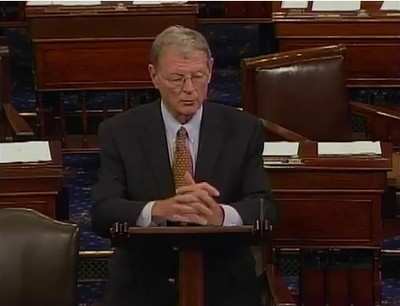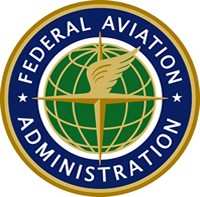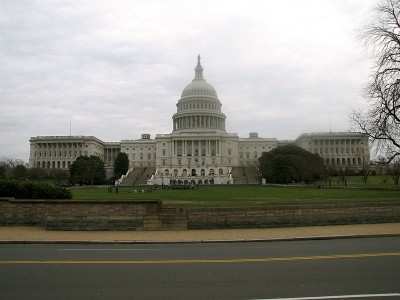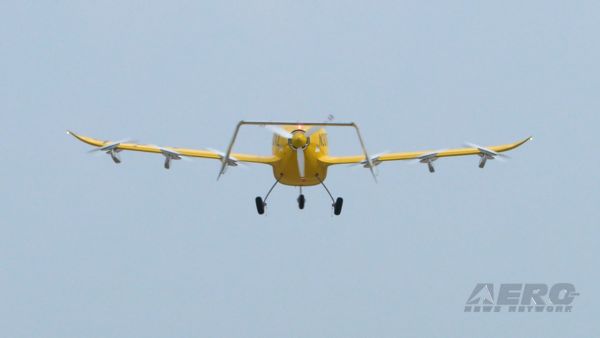Bill Would Codify Procedures For Pilots To Respond To
Allegations
Aero-Note: I've been advocating for this since
1988... when I first published an early attempt at a
Pilot's Bill of Rights (last updated in 2009).
Through the years, we've gotten a tremendous amount
of support, but little action, from the powers-that-be in
Washington... until one Senator found out just how un-American and
unfair the FAA's concept of justice truly is--for himself... and
then things changed. Jim Inhofe was one of the heroes I wrote about
in my 1999 book about the long sordid FAA v Bob Hoover affair ('Air
of Injustice') and now he's proven to be as big a friend to
aviation as he was, then, to Robert A "Bob" Hoover. I sincerely
hope this effort passes muster in Congress and that this important
modification in how the FAA deals with Airmen the world over is
part of the
Transformative Change that aviation
desperately needs to stay alive now and through the coming
challenges. -- Jim Campbell, ANN Editor-In-Chief, Aero-Activist

Tuesday afternoon on the Senate Floor, U.S. Sen. Jim Inhofe
(R-OK), a member of the Senate General Aviation Caucus and
Certified Flight Instructor with more than 10,000 flight hours,
previewed his new Pilots Bill of Rights. The bill, an
important measure for those interested in the General Aviation
Community, will be introduced on Wednesday July 6, 2011.
There are two provisions in the bill that require the FAA
to review current practices, and two other provisions that
make the system specifically more fair for pilots.
"With any bureaucracy that has the power to take action against
an individual it's our job in Congress to ensure that there are
appropriate safeguards in place to ensure that there are
appropriate safeguards in place to prevent agency overreach,"
Inhofe said in previewing his bill.

Inhofe said that the bill does four things.
In the case there is enforcement action, the FAA must grant to
the pilot all of the relevant evidence, such as the air traffic
communications tapes, flight data, investigative reports, Flight
Service Station communications, other relevant air traffic data, 30
days before any action can actually be taken. "That is just a
matter of fairness," Inhofe said. "If a person is going to be
accused of something, he has to know what he is being accused
of."
The FAA would also be required to advise a pilot who is the
subject of an investigation relating to approval, denial,
suspension, modification, revocation of an airman certificate, of
the nature of an investigation. They would further
be required to advise pilots that an oral or written response
to a letter of investigation is not required, that no action can be
taken by the FAA against the pilot for declining to respond, that
any response can be used as evidence against the pilot, and that
the FAA's investigative report is available to the pilot.
Second, the bill clarifies "statutory deference" between the FAA
and NTSB, and allows an airman at his own discretion to be able to
appeal to the federal district court.

Third, the bill will requires that the FAA simplify the NOTAM
system. Inhofe says the system does not work, and that pilots
are required to be aware of NOTAMs that the FAA may not have
actually posted. An advisory board would be created to work with
the FAA to determine the best course for assuring that pilots have
access to NOTAMS in a timely fashion.
Finally, the bill creates an second advisory board to work with
the FAA to review the grievance system associated with agency's
medical certification process. Inhofe says that 28 percent of the
AOPA's legal assistance to pilots goes towards assisting them with
issues related to their medical certificates. The advisory board
would provide greater clarity in questions and reduce the instances
of misinterpretation, that have in the past led to allegations of
intentional falsification against pilots. The board will be made up
of non-profit general aviation groups, aviation medical examiners
and qualified medical experts.
Inhofe said the proposed Bill of Rights is based largely on his
personal experience last October, when he
landed on a closed runway, missing, some said narrowly, workers on
that runway. In his speech, Inhofe said by the time he realized the
runway was closed he was committed to landing ... too low and slow
in a heavily-loaded twin-engine airplane to execute a
go-around.

Inhofe said it took him four months to get a transcript of the
audio recordings of his conversations with ATC, "and I'm a United
States Senator." He said the time he was given to respond to the
allegations were unreasonable, and that in the course of his
investigation, he found that a NOTAM advising of the closed runway
was not posted until 11 days after his incident. His "Pilot's Bill
of Rights" he says, will go a long way towards correcting those
problems.
Inhofe made his remarks prior to an unrelated vote on the Senate
floor. No companion bill exists as yet in the House.
 Senator Pushes FAA to Accelerate Rocket Launch Licensing
Senator Pushes FAA to Accelerate Rocket Launch Licensing Classic Aero-TV: RJ Gritter - Part of Aviations Bright New Future
Classic Aero-TV: RJ Gritter - Part of Aviations Bright New Future Aero-FAQ: Dave Juwel's Aviation Marketing Stories -- ITBOA BNITBOB
Aero-FAQ: Dave Juwel's Aviation Marketing Stories -- ITBOA BNITBOB ANN's Daily Aero-Linx (10.27.24)
ANN's Daily Aero-Linx (10.27.24) ANN's Daily Aero-Term (10.27.24): Clearance Void If Not Off By (Time)
ANN's Daily Aero-Term (10.27.24): Clearance Void If Not Off By (Time)






